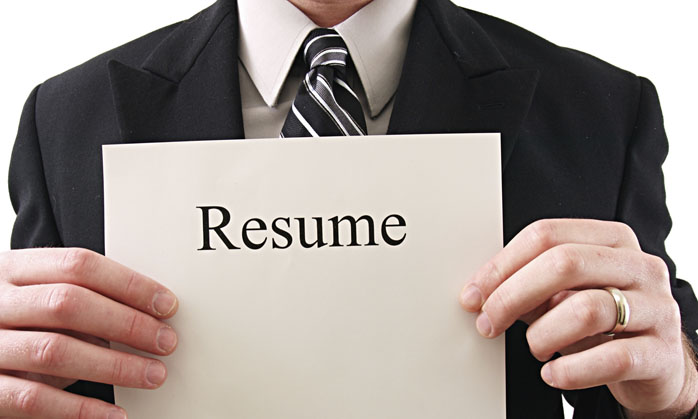
Lunchtime Links: The Long-Term Damage From Fibbing on Your Résumé
More than half of job applicants admit to fibbing on their résumés—but are the short-term benefits of stretching the truth enough to outweigh the long-term consequences for your career? Plus: how to run more productive meetings.
Lying on a résumé just might land you the interview—but it could also come back to haunt you, especially when you have nothing to show for all that experience you pretended to have. The details, and more, in today’s Lunchtime Links:
Black out the white lie: Squeezing that small fib onto your résumé can seem tempting—but is it worth it? “No potential employer expects you to be perfect,” writes Lindsay Olson for U.S. News & World Report. She adds: If an employer “won’t hire you because of the truth, it’s not the right role for you.” But that doesn’t stop people from making stuff up on their CVs. More than half of job seekers have lied on a résumé, according to the article. We’re talking anything from fudging details about previous employment to enhancing job titles and faking credentials. Hiring managers give a lot of weight to skills and experiences potential employees say they have. Be dishonest on your résumé and you’ll find the lies will follow you as you build your career, Olson writes. Is it worth the risk?
When it clicks: Click, view, share. The concept of viral video seems so simple—yet the power behind these successful and far-reaching video campaigns is tremendous. Remember the “Harlem Shake?” The 36-second clip featuring four men dancing in colored body suits racked up roughly 20 million views in a single day, writes Forbes contributor Liv Buli. “Viewers are as interested in finding out what all the fuss is about as they are in figuring out who on earth these phenomenons out of obscurity are,” Buli writes. Thousands of copycat efforts followed the original “Shake” video. The point: Viral videos and other content have serious reach. How does your organization create shareable content?
Meeting zone: Office meetings can be productive affairs—or, as we’re all aware, giant wastes of time. It all depends on how well we stay on task. Inc.com’s Christina Desmarais offers four tips to keep your meetings from going off the rails. Among her ingredients for success: Distribute an agenda before the meeting takes place. Hold stand-up meetings toward the end of the day. Implement meeting rules to help minimize distractions that take attention away from what you’re trying to accomplish. In the end, more productive meetings will mean less wasted time, she says.
What suggestions do you have for running more successful meetings? Tell us in the comments.
(iStock/Thinkstock)






Comments